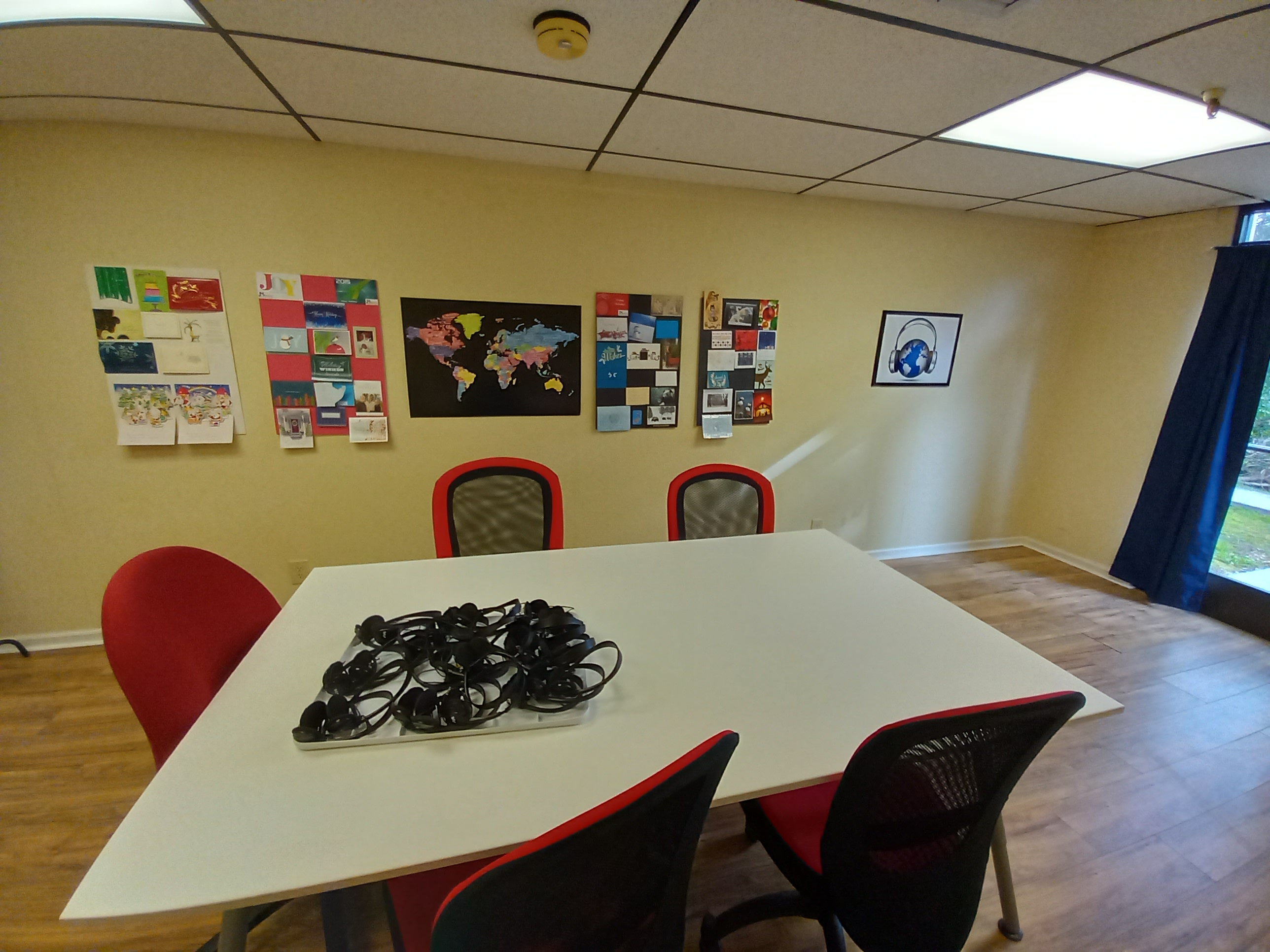An interpreter must be prepared for all kinds of interpretation assignments. One of the types is Individualized Education Program (IEP) meetings.
The biggest difference between interpretation for IEP meetings versus other types of interpretation is that you have to be understanding of the student, teacher, and parent. You must understand their situation because no child is the same. This will lead to a more engaging meeting as well as a more successful interpretation event.
IEP meetings are very important for students, parents, and teachers in the United States, so being able to conduct one without issue is a very valuable skill that interpreters should do their best to work at. Some skills that you’ve learned from other interpretation work might be applicable to IEP interpretation, yet it’s important that interpreters learn the other aspects of IEP interpretation to ensure that the meeting goes without a hitch.
Familiarize yourself with the IEP process. It’s important for the interpreter to understand what the IEP process entails, including the purpose of the meeting, the roles of each participant, and the importance of confidentiality.
The interpreter should also be sure to gather information about the student, such as the student’s academic and behavioral history, previous IEPs, and any assessments or evaluations. You should also review the current IEP draft and any supporting documentation. If you are working with an LSP (Language Service Provider), you should ask them to provide this information for you.
A successful interpreter should learn about the student’s strengths, weaknesses, and needs to be able to effectively interpret the discussion about the student’s goals and accommodations.
An IEP interpreter should be familiar with the relevant vocabulary and terminology used in special education and ensure they understand the acronyms and terms used in the meeting. If there is anything you don’t understand, try to look more into it and maybe even jot them down as notes to take with you to the meeting.
As the interpreter, you should be mindful of your role as a neutral interpreter and should adhere to the professional standards and ethical considerations. Be sure that you do not provide any advice, opinions or contribute to the content of the meeting.






